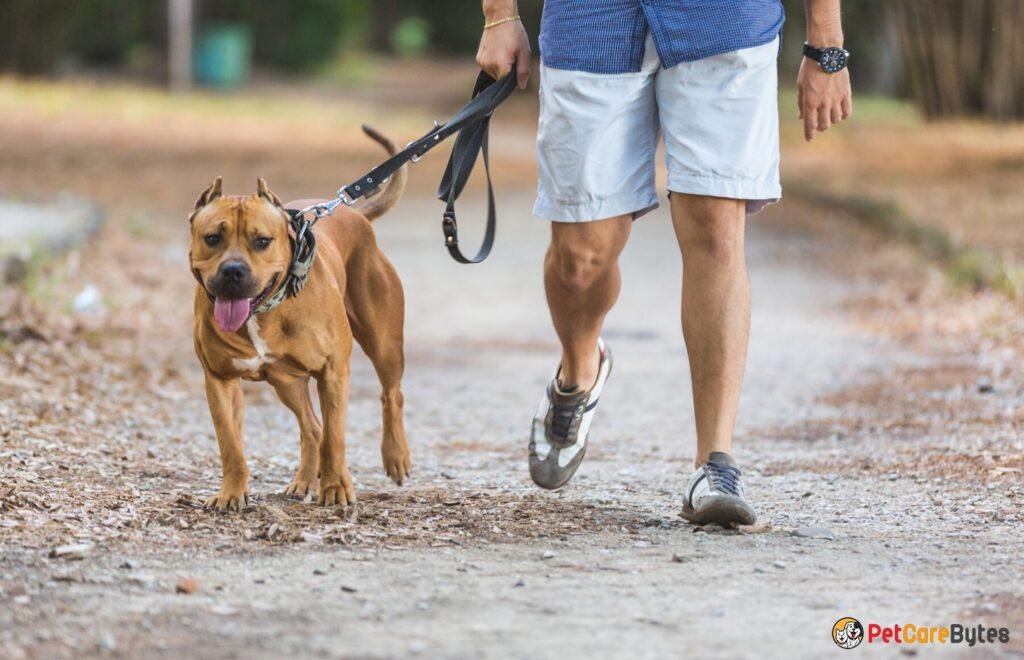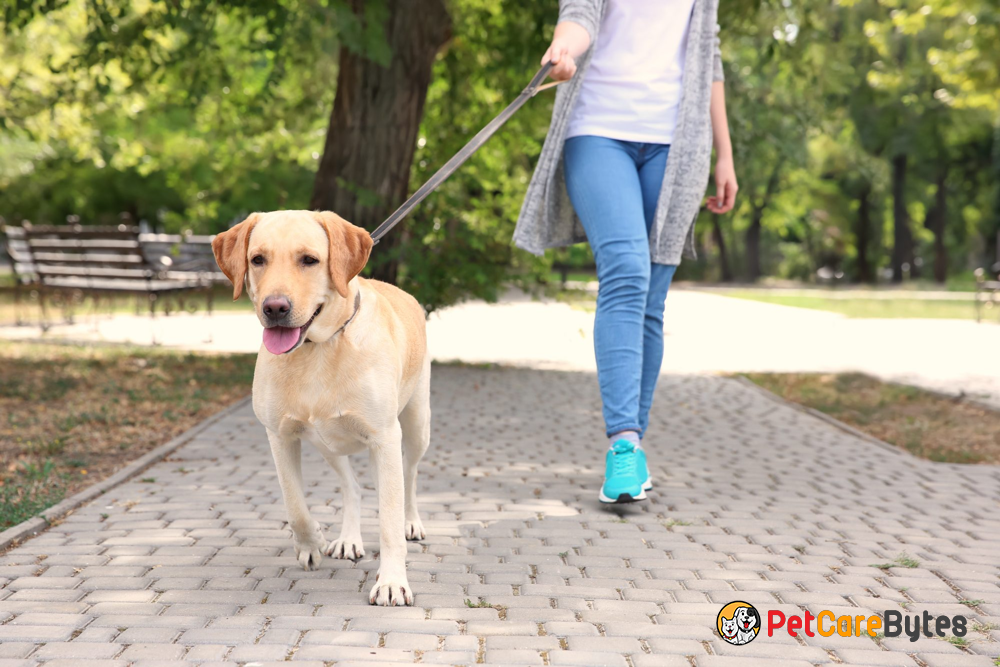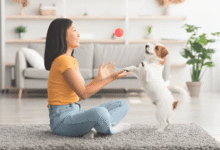
Loving and Living with Old Dogs
Caring for an aging dog can be a fulfilling experience but comes with unique challenges. This guide will discuss everything you need to know about loving and living with old dogs, including common health concerns, diet and exercise requirements, and tips for creating a comfortable living space.
Read More: 10 Best Helpful Tips for Walking Your Dog
Common Health Concerns for Senior Dogs

Older dogs are prone to various health problems, including arthritis, diabetes, and heart disease. It’s essential to watch for any changes in behavior or health that could indicate a problem. Some common health concerns for senior dogs include:
Arthritis
Arthritis is a common condition in older dogs that causes joint pain and stiffness. It can make it difficult for them to move around and perform daily activities. To alleviate the pain, you can provide your dog with a comfortable bed and avoid making them climb stairs.
Dental Problems
Senior dogs are also prone to dental problems such as tooth decay and gum disease. Regular dental checkups and professional cleanings can help prevent these issues.
Cognitive Decline
Older dogs may also experience cognitive decline, which can cause confusion, disorientation, and behavioral changes. You can help by giving them plenty of mental stimulation and a consistent routine.
Diet and Exercise Requirements for Senior Dogs

As dog’s age, their diet and exercise need to change. Older dogs require fewer calories but more protein and fiber to maintain their health. It’s essential to provide them with a balanced diet that meets their nutritional needs. Here are some tips to keep in mind:
Choose a High-Quality Diet
Choose a high-quality dog food that is specifically formulated for senior dogs. Look for a brand that contains essential nutrients such as protein, fiber, and vitamins.
Adjust Portion Sizes
Older dogs require fewer calories, so adjusting their portion sizes is essential. Be careful not to overfeed them, leading to obesity and other health problems.
Exercise Regularly
Regular exercise is essential for senior dogs, but they must keep their physical limitations in mind. Short, frequent walks and low-impact activities such as swimming or gentle playtime are ideal.
Creating a Comfortable Living Space for Senior Dogs
Creating a comfortable living space is crucial for senior dogs. They may have difficulty moving around and performing daily activities as they age. Here are some tips for creating a comfortable living space for your senior dog:
Provide a Comfortable Bed
Older dogs require a comfortable bed that supports their joints and provides plenty of cushioning. Look for a mattress that is specifically designed for senior dogs.
Keep the Living Space Clean
Older dogs are more susceptible to infections and illnesses, so keeping their living space clean and free from germs and bacteria is essential.
Create Easy Access to Food and Water
Senior dogs may have difficulty reaching their food and water bowls, so creating easy access to these items is important.
Use Ramps or Stairs
If your senior dog has difficulty climbing stairs or getting in and out of the car, consider using ramps or stairs to make moving around easier.
Provide Plenty of Mental Stimulation
Senior dogs need mental stimulation to keep their minds sharp and prevent cognitive decline. Consider providing them with puzzles or other interactive toys that challenge their minds.
Loving and Living with Old Dogs

Loving and living with old dogs can be a fulfilling experience. Senior dogs have unique personalities and are often calmer and more affectionate than their younger counterparts. Here are some tips for showing your senior dog some extra love:
Spend Quality Time Together
Spend time together doing things your dog enjoys, such as walking or cuddling on the couch. Senior dogs thrive on companionship and love spending time with their humans.
Provide Plenty of Affection
Older dogs may require more affection and attention than younger dogs. They love being petted, cuddled, and spoken to in a soft and soothing voice.
Be Patient and Understanding
As dogs age, they may become more irritable or anxious. It’s essential to be patient and understanding and provide them with the care and attention they need to feel comfortable and safe.
Read More: 10 Best Pet Care Tips for Dogs in 2023
FAQs
- How can I tell if my dog is a senior?
Dogs are considered seniors when they age 7 or 8, depending on their breed and size.
- How often should I take my senior dog to the vet?
Senior dogs should have a veterinary checkup at least once a year, but more frequent visits may be necessary if they have underlying health issues.
- Can I still train my senior dog?
You can still train your senior dog, but it’s essential to consider their physical limitations and adjust the training accordingly.
- Can senior dogs still have fun?
Absolutely! Senior dogs can still have fun and enjoy life. You can give them plenty of mental stimulation and activities that suit their physical abilities.
- How can I make my senior dog more comfortable?
You can make your senior dog more comfortable by providing them with a comfortable bed, easy access to food and water, and keeping their living space clean and free from germs and bacteria.
- How can I show my senior dog some extra love?
You can show your senior dog some extra love by spending quality time together, providing affection, and being patient and understanding.
Conclusion
Loving and living with old dogs is a unique experience that requires patience, love, and understanding. You can ensure they remain healthy and happy well into their golden years by providing your senior dog with a comfortable living space, a balanced diet, regular exercise, and plenty of love and attention.
Remember, senior dogs have unique personalities and deserve all the love and care in the world. So, take the time to cherish every moment you have with your furry friend.







